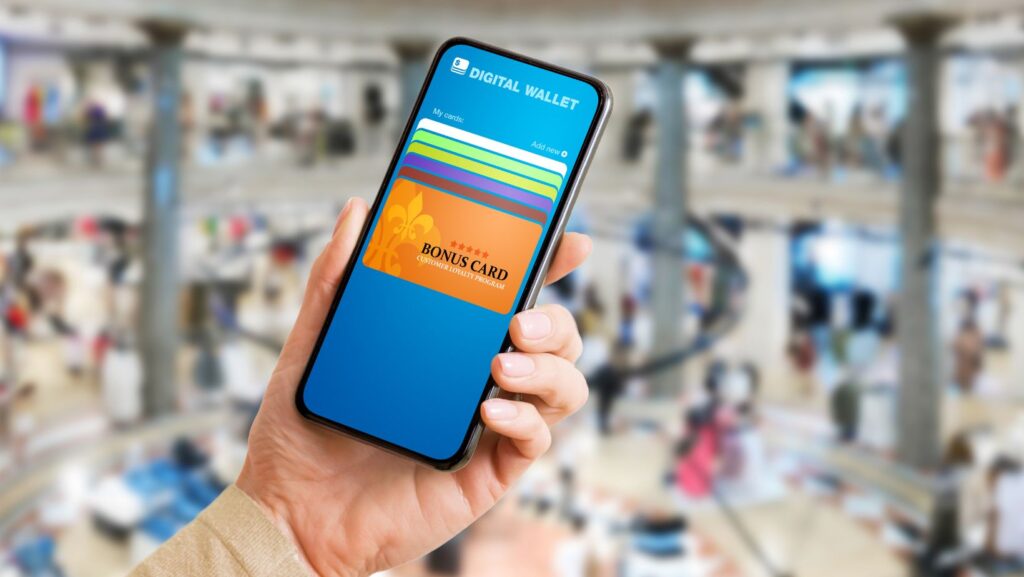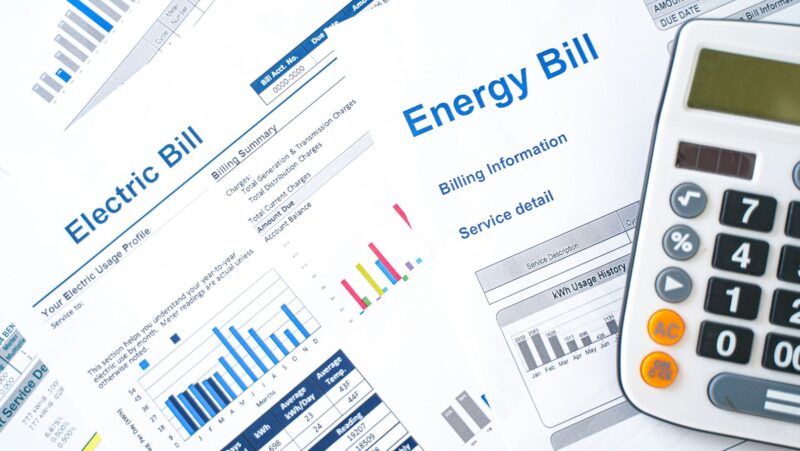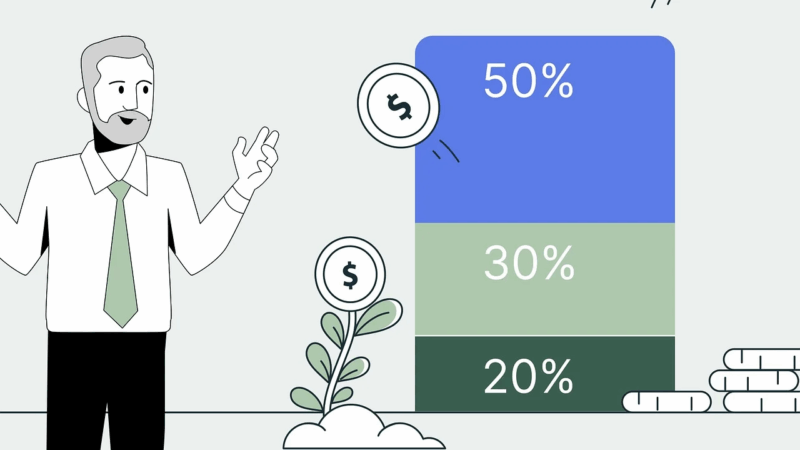
In today’s fast-paced financial environment, payday loan apps have emerged as a significant player, offering quick cash solutions for those in urgent need.
However, the rapid rise of these platforms has sparked a complex debate about their impact on consumers. This article delves into the ethical considerations and economic implications of payday loan apps, scrutinizing whether they serve as a lifeline for users or a mechanism of exploitation.
The Convenience Factor
- Immediate Access to Funds: Payday loan apps provide an unmatched speed of service, offering immediate financial relief to users in sudden financial predicaments. Accessing funds within hours can be crucial for covering emergencies like medical bills or unexpected car repairs.
- Minimal Qualification Requirements: Unlike traditional lending institutions, payday loan apps often require minimal qualifications, making them accessible to a broader range of people, including those with poor credit histories who might otherwise be excluded from financial services.
The ease of use and minimal requirements often translate into a higher demand for such services, especially among populations that are underserved by traditional banks.
However, while these apps can be saviors in times of need, their convenience can also lead to impulsive borrowing decisions without fully considering the long-term financial consequences, emphasizing the need for responsible borrowing practices and better financial literacy among users.
Financial Implications and Risks
- High-Interest Rates and Fees: Payday loan apps typically charge significantly higher interest rates than conventional loans. The annual percentage rates (APRs) can sometimes exceed 400%, vastly increasing borrowers’ total repayments.
- Cycle of Debt: The structure of payday loans often leads to a cycle of debt. Borrowers may take out additional loans to repay existing ones, trapping them in a continuous loop of borrowing and repayment that can lead to financial ruin.

The extremely high APRs and fees associated with payday loan apps can exacerbate financial stress rather than alleviate it, especially when loans are not paid back on time. This can lead to a devastating impact on one’s credit score, making future borrowing more difficult and expensive. These apps need to provide clear and upfront information about all costs involved so that users can make informed financial decisions before entering into loan agreements.
Ethical Considerations
- Transparency: Ethical practices in the payday loan app industry hinge on how transparently the terms and fees are communicated to users. Clear information about interest rates, fees, and repayment schedules is crucial to help consumers make informed decisions.
- Regulation and Oversight: The degree of regulatory oversight is also a critical factor. In regions where payday loans are heavily regulated, there are often stricter safeguards against predatory practices, providing better consumer protection.
Ethical considerations extend beyond transparency to the responsibility of these platforms to ensure they do not exploit users’ financial vulnerabilities. Ethical payday loan apps should actively work to educate their users about the dangers of quick, high-cost borrowing and potentially develop more supportive repayment arrangements. Such measures could significantly mitigate the risks of financial harm and align the services more closely with consumer protection standards.
Alternatives and Solutions
- Credit Unions and Community Banks: For those seeking alternatives to payday loans, credit unions and community banks often offer small, short-term loans with more reasonable interest rates and longer repayment periods.
- Financial Counseling Services: Financial counseling services can also provide long-term benefits, helping individuals develop budgeting skills and better understand financial practices.
Bullet List of Financial Education Tools:
- Budgeting apps to track spending and manage finances.
- Educational resources that provide insights into financial planning and debt management.
- Workshops and webinars hosted by financial experts to educate consumers on financial health.

The availability of these alternatives not only diversifies the financial solutions available to consumers but also encourages a more educated and proactive approach to personal finance.
Through these channels, individuals can gain a deeper understanding of financial products and learn to avoid the pitfalls associated with high-cost borrowing, thus fostering a healthier economic environment.
For those interested in exploring further options for quick financial relief and gaining a comprehensive understanding of the best practices in managing financial emergencies, additional resources and recommendations can be found in this detailed guide here.
Conclusion
While payday loan apps offer undeniable immediate financial relief, the high costs and risks raise significant ethical concerns.
For some, they are a necessary emergency tool, yet for others, they represent a dangerous financial slope. Consumers must navigate these waters with thorough knowledge and acute awareness of the potential pitfalls. As we continue to evaluate the dual nature of payday loan apps, the overarching goal should be to foster a financial services landscape that supports consumer well-being and promotes sound financial decision-making.










